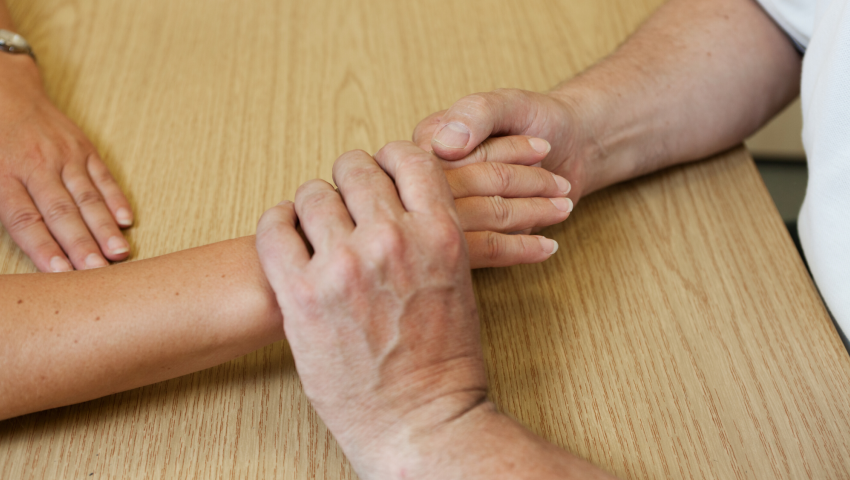Feel like YOU or someone you know could benefit from occupational therapy?
Licensed Kentucky Therapists
Licensed United States Therapists
More information on evidence-based occupational therapy practice

Occupational therapists work to help individuals improve everyday life skills so that they can better participate in home, school, work or wherever they may be. Many people know occupational therapists help children with disabilities or adults recovering from injury. BUT did you know that occupational therapists also help people living with mental illnesses?
According to the American Occupational Therapy Association, there are six main evidence-based ways that occupational therapists can help individuals living with mental illnesses.
An occupational therapist can help people learn skills that will help lead to their own independence. This includes budgeting, shopping, and meal preparation. However, people can also learn how to cope with stress and to advocate for their mental health needs. These skills can help someone living with a mental illness to more successfully interact with others.
Experts now know that the brain can adapt and change. Cognitive skills can help people develop problem solving strategies, learn frustration tolerance, and even enhance the person’s self-esteem. All of these skills are necessary to be successful for reaching one’s life goals.
There are ways to help individuals living with mental illnesses to improve their health behaviors. Several interventions can be used to teach symptom self-management, adherence to medications and reducing risky behaviors. A positive outcome of improved health behaviors is reduced health care costs.
Individuals living with mental illness can work with an occupational therapist to learn how to adapt to college. This can include learning how to adapt their living and learning environments to allow for participation and success. Self-determination, self-management, adapting and providing accommodations, and teaching daily routines are some ways a person can work toward success in college.
Movement typically improves mood. Slow stretches and movement with targeted breathing are techniques that can help decrease symptoms associated with depression and anxiety. No matter how you move, move. It can help. Occupational therapists can help a person to be more mindful of their body.
An occupational therapist can help an individual living with mental illness to first identify areas considered problematic. Techniques taught include reasoning, goal setting and implementation of a planned solution.
Licensed United States Therapists
More information on evidence-based occupational therapy practice